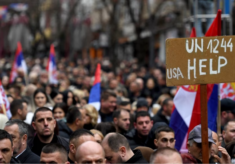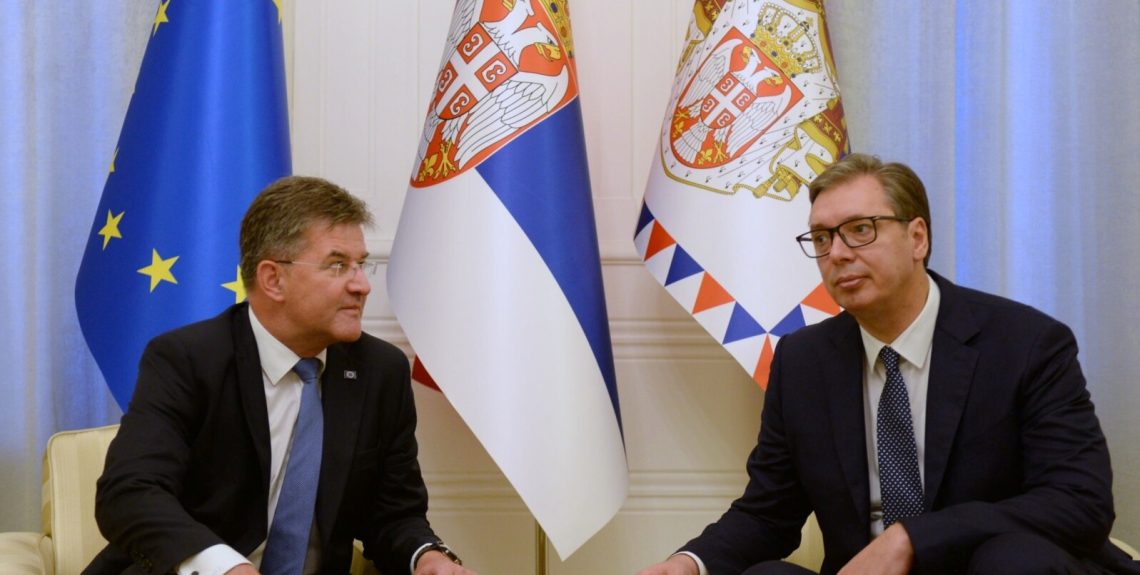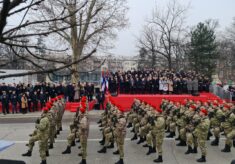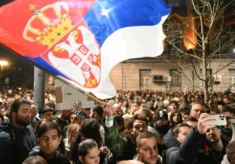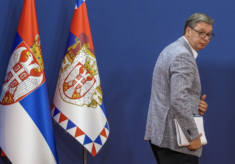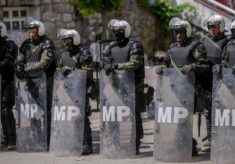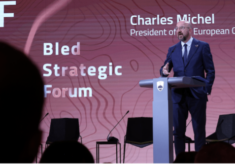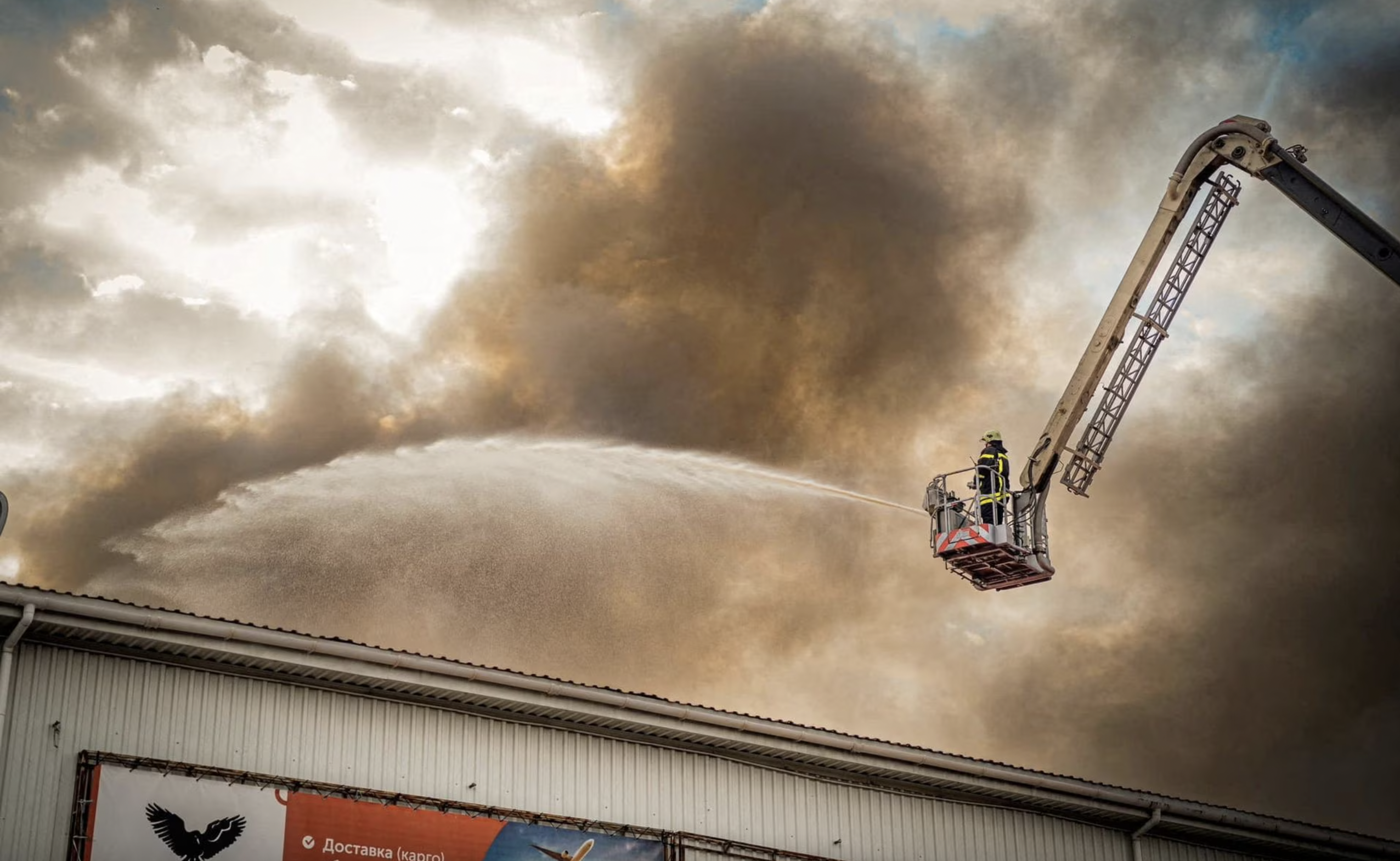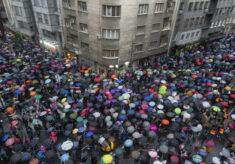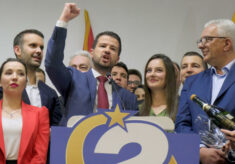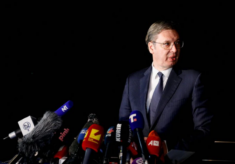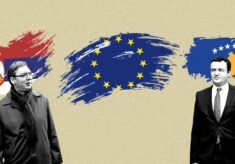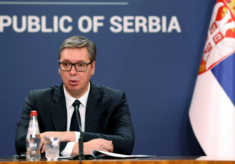Western powers, particularly the European Union, were able to defuse new tensions between Belgrade and Pristina this month and then they managed to facilitate an important agreement between Serbia and Kosovo at the end of August. In this way, they decreased the likelihood of a new outbreak of violence, particularly in Kosovo’s north, where Serbs primarily live. However, no substantial breakthroughs were still made regarding the status of Kosovo, which is not recognised by Serbia, leaving the issue fundamentally unresolved.
Tensions rose between Belgrade and Pristina late in July, when the Kosovo government declared that, as a reciprocity measure, Serb-issued identity documents and vehicle registration plates with the codes of cities in Kosovo issued by Serbia would no longer be accepted by Pristina. Kosovo- ones are not valid in Serbia for years and Serbian authorities have compelled Kosovo ID holders to obtain special credentials while travelling into Serbia.
At the end of July, Kosovo Serbs reacted intensively, blocking roadways in the Serb-dominated north, and alarming Europe by prompting fears that the violence could escalate. While Belgrade accused Kosovo of coercing integration of minority Serbs in the north, the international community also put pressure on Pristina, mostly behind the curtains. Meanwhile, NATO Secretary-General Jens Stoltenberg has stated that the alliance’s peacekeeping troops are ready to intervene if tensions between Kosovo and Serbia rise, indicating the gravity of the situation.
The situation, however, quickly returned to normal. Indeed, Pristina decided “in collaboration with our international friends, to postpone for 30 days the execution of decisions on automobile license plates and entry-exit paperwork at Serbian border crossings, provided that all barricades are removed, and complete freedom of movement is restored,” Kosovo’s PM Albin Kurti announced, delaying the measures until September 1. Serbs removed the barricades soon after.
A first attempt to solve the situation in a more comprehensive way failed in mid-August, after high-level crisis talks were held in Brussels between Kurti and Serbian President Vucic, facilitated by the EU. The dialogue between the two leaders resumed after almost a year. However, no deal was reached in Brussels. “But this is not the end of the story. Both leaders agreed that the process needs to continue. There is still time until September. I don’t give up,” said Borrel.
The real breakthrough came a few days later, and it was announced near the end of the month, after the US special envoy for the Western Balkans, Gabriel Escobar and EU envoy Miroslav Lajcak met with Vucic in Belgrade and with Kurti in Kosovo. Under the EU-facilitated Dialogue, Serbia agreed to abolish entry/exit documents for Kosovo ID holders and Kosovo agreed to not introduce them for Serbian ID holders,” High Representative Borrell said, ensuring that “this is a European solution.”
Under the new deal, Serbia agreed to abolish entry and exit documents for Kosovo ID holders. In contrast, Kosovo agreed not to introduce similar documents to Serbian ID holders,” Borrell said, adding that “Kosovo Serbs, as well as all other citizens, will be able to travel freely between Kosovo and Serbia using their ID cards.” Borrell noted, however, that the problem with the license plates was not solved and he urged leaders of both countries to find a solution to avoid new incidents in September. The deal on personal documents, very much significant, appeared to be a major concession Belgrade made to calm the situation, but “it cannot be interpreted as recognition of the unilaterally declared independence of Kosovo,” Serbia said.
Even if the issue of IDs was apparently solved, how this will be implemented remains unclear at this stage. Moreover, the unsettled matter of licence plates might still create new troubles in the north of Kosovo anytime soon. Furthermore, the main question – the full ‘normalisation’ of the relationships between Serbia and Kosovo – remains a chimaera, leaving space for new tensions and destabilization.
